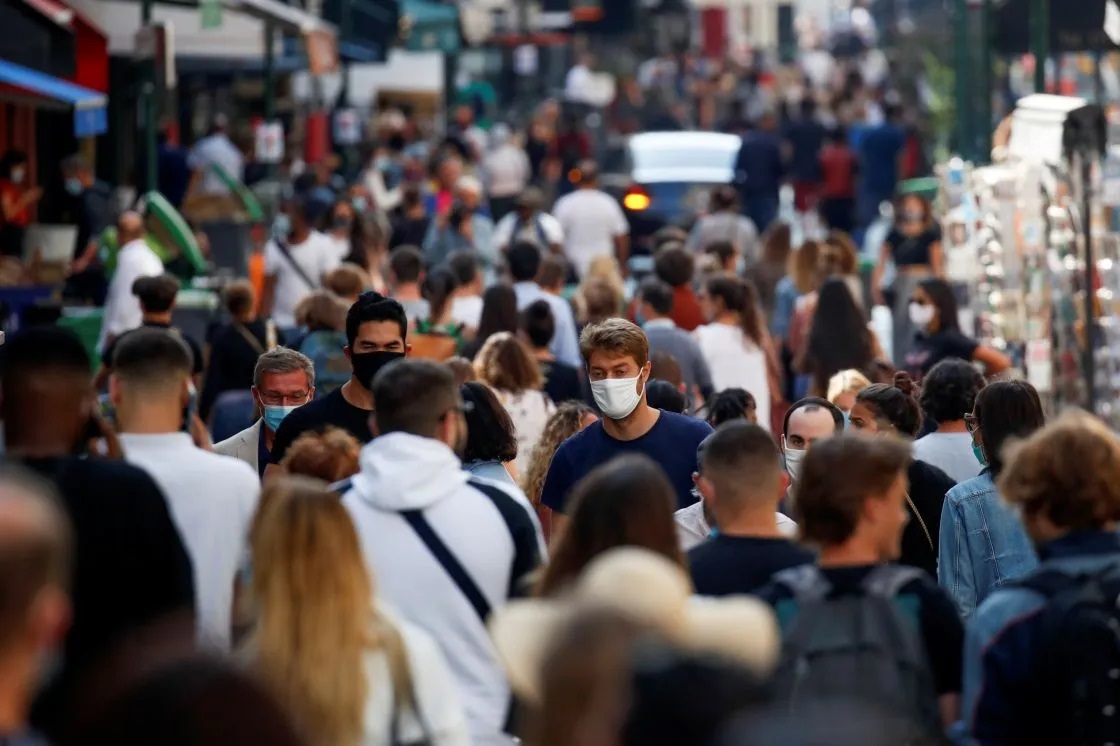Like many of you, I think a lot about the devastation that COVID-19 is causing around the world and the impact that it is having on the poor who cannot afford to quarantine, miss work or avoid taking crowded public transport.
I think about the society of complainers that we are becoming. Complaining about wearing masks. Complaining about social distancing. Complaining about staying at home. Yet filling bars and beaches, shopping malls and cafés, while refusing to take responsibility for a lack of positive action to avoid being infected and to avoid infecting others.
In recent articles, I have posited that each of us must consciously break out of our normal patterns of consistency and explore our depths. We can be well served by making the effort to allow our emotional intelligence to grow and lead us in new directions. I have discussed mindfulness, and its empowerment to deepen our connection with our inner selves and how it can impact on our feelings of peace and tranquility when facing challenges.
This article focuses on the fact that, while we may have many material things missing in our lives these days, communities can and must come together to share the good and mitigate the bad.
Emotional intelligence is something that we build within ourselves by taming our negative reactions and focusing on the positive.
It results from our ability to face and manage change, realize and use our good fortune despite life’s vicissitudes.
Emotional intelligence is something that we all have to develop not only to survive this pandemic but also to thrive throughout our lives.
John F. Kennedy once said that the Chinese character for crisis is composed of two elements: one signifying danger, the other, opportunity.
So, what we must ask ourselves at each turn is: is COVID only a danger or is it also an opportunity?
Is it a threat to our individual needs, or an opportunity for us to develop community actions that support everyone?
Can we move forward through adversity, or is it going to stifle us at every turn?
If you are reading this article, chances are that you are well off enough to enjoy a life that many around the world can’t even imagine. You may miss travel, holidays at the beach, meals in restaurants, a night at the theater, or Christmas dinner with family and friends.
A year into the pandemic, there seem to be a good many people who believe that they are its victims. Some march against the wearing of masks and against the impact of social measures on their previous lifestyles. Yet, compared to those who have contracted COVID and the poorer elements of global society, are we really victims?
It is what it is, and we must do what we must do.
Many governments have mismanaged a pandemic about which we knew and know little; only time and hindsight will tell us for sure. As Individuals however, we must each behave responsibly and be conscious of the potentially devastating impact that our poor behavior can have on others.
What if rather than feeling sorry for our limited losses we decide to find ways to help those who face destitution, homelessness, and starvation? We could become better people who share compassion and empathy rather than withdraw into anger and self-pity.
Mahatma Gandhi once said: “Be the change that you want to see in the world”. We can change the world if we begin by changing ourselves – our attitudes, our needs, and our goals, and reach out to those who really need us – at home or thousands of kilometers away.
And this can be an opportunity for us all to share our common humanity.
Edición: Ana Ordaz
Delcy Rodríguez calificó la relación económica entre ambos países como un ''ganar ganar''
Ap
Civiles y autoridades federales se sumaron a la acción de limpieza en la Reserva de la Biosfera
La Jornada Maya
Irak señaló que los integrantes de su selección enfrentan dificultades para tramitar permisos a causa del conflicto entre Irán y EU
La Jornada
Más de 80 vehículos de entre 1900 y 1985 recorren unos mil 400 kilómetros
Jairo Magaña
